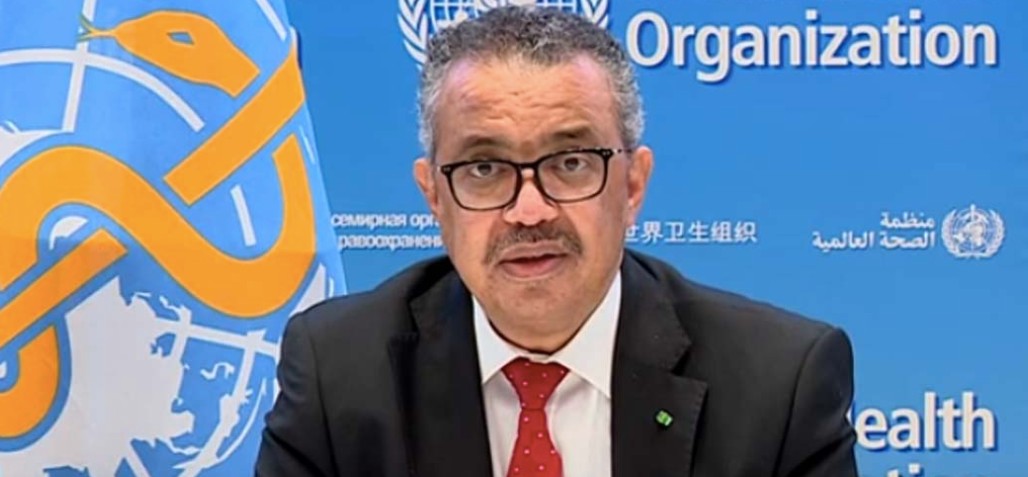Ethiopia inches close to breaking coffee export record with $1.2bn earning in 11 months

However, the future of Ethiopian coffee exports faces uncertainty due to the European Union's upcoming Deforestation-Free Regulation (EUDR), a protectionist measure.
Ethiopia's coffee exports for the financial year ending July this year could surpass the all-time high revenue obtained two years ago.
Data by the Ethiopian Coffee and Tea Authority shows exports from the country to international markets reached $1.2 billion in the 11 months to June, stemming from the export of 252,446 tonnes.
More To Read
- Ethiopia’s coffee export revenue hits $988 million, surpassing targets
- How homeless Ethiopian refugee rose to become successful hotelier in Eastleigh
- 10th Street: Eastleigh's ‘little Ethiopia’ where beverage lovers enjoy special coffee
- Ethiopia discovers 21.3 billion cubic metres of natural gas in Ogaden region
In the record period, the 2021-2022 fiscal year, the country earned $1.4 billion by exporting 300,000 tonnes of coffee.
"With the current record, Ethiopia has a high chance of surpassing the all-time high revenue from coffee exports, said Adugna Debela, the director general of the authority.
Adugna's hope stems from the May 2024 performance, where 43,481 metric tonnes of coffee were exported. The record was five per cent more than the target amount.
In terms of revenue, the country earned $209.5 million during the month, exceeding the planned figure by seven per cent.
However, the future of Ethiopian coffee exports faces uncertainty due to the European Union Deforestation-Free Regulation (EUDR), a protectionist measure said to be under the guise of environmental sustainability.
Its regulatory requirements represent the latest effort by the EU to exert normative influence on environmental sustainability, and their effects extend beyond EU member states as their enforcement will affect third-party countries exporting commodities to the European Union.
The upcoming EUDR stipulates that commodities cannot be grown on land deforested after 2020, so companies are required to conduct due diligence and submit reports to a relevant competent authority.
The report must include the quantity, supplier, country of production, and exact geolocation coordinates of the plots of land where the commodities were sourced.
Concerns have, however, been raised regarding the requirements, with some arguing they will favour the big players at the expense of smaller producers.
"Larger companies have the financial resources and technical capacity to provide traceability reports and comply with sustainability requirements. Smaller producers may be cut off from the supply chain if they cannot meet these requirements," some critics noted.
Notably, the EU is a crucial market for Ethiopian coffee, accounting for roughly 30 per cent of annual sales.
The new regulation, set to take effect on December 30, 2024, will impose stricter requirements on Ethiopian exporters, potentially impacting this significant revenue stream.
Ethiopia exports coffee to 50 to 60 countries, and authorities are working to expand the market. Efforts include organising coffee fairs in various countries to promote Ethiopian coffee.
Top Stories Today













































